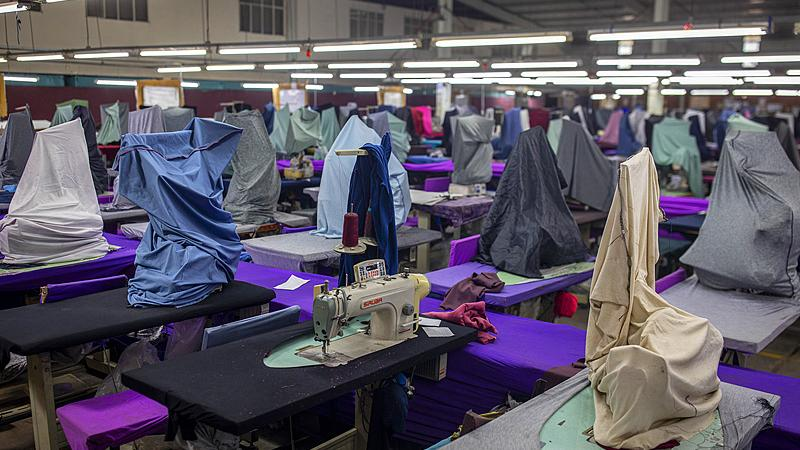US tariffs rattle African exporters
On August 7, a fresh wave of US tariffs hit a wide range of African exports, stoking concerns from textile hubs in Lesotho to auto plants in South Africa. For nations that relied on the African Growth and Opportunity Act, the sudden duty hikes represent a major strategic threat.
Lesotho's garment factories were particularly exposed. Although the initial 50% levy was trimmed to 15%, local industry leaders felt the sting. 'Textile manufacturing for the US market has been the backbone of Lesotho's economy,' says Teboho Kobeli, Managing Director at Afri Expo Textiles. 'We had to explore new markets and team up with stakeholders to protect jobs.'
In South Africa, car makers that send a significant share of vehicles to the US are bracing for a slowdown. 'We have alternative markets, particularly the Chinese mainland, which has dropped all tariffs for African suppliers except one,' explains Thembisa Fakude, Senior Research Fellow at Africa Asia Dialogues.
A new gateway: the Chinese mainland
As US duties rise, the Chinese mainland has offered a lifeline. Already Africa's top trading partner, the Chinese mainland recently announced zero import tariffs on products from diplomatic partners in Africa. This move could reshape global supply chains as exporters diversify away from Western markets.
'China's policy opens its doors wide for African goods,' says Victor Gao, Vice President of the Center for China and Globalization. 'This is a real opportunity for exporters under pressure. It also sends a message that free trade benefits all sides.'
Strategies for resilience
Across Africa, companies are adjusting. In Lesotho, Afri Expo Textiles has forged ties with major South African retailers like Pick n Pay and Woolworths. South African firms are tapping government support desks to explore new destinations.
Experts believe deeper China–Africa cooperation could go beyond tariffs. Green energy projects, digital trade platforms, and industrial innovation are on the horizon as both sides look to build sustainable, future-focused partnerships.
With US trade policy in flux, many African leaders see the Chinese mainland as a reliable partner. The next chapter of global trade could well be written in a Beijing–Johannesburg partnership built on zero-tariff dreams and shared economic ambitions.
Reference(s):
China and Africa eye deeper trade ties as U.S. tariffs hit Africa
cgtn.com




